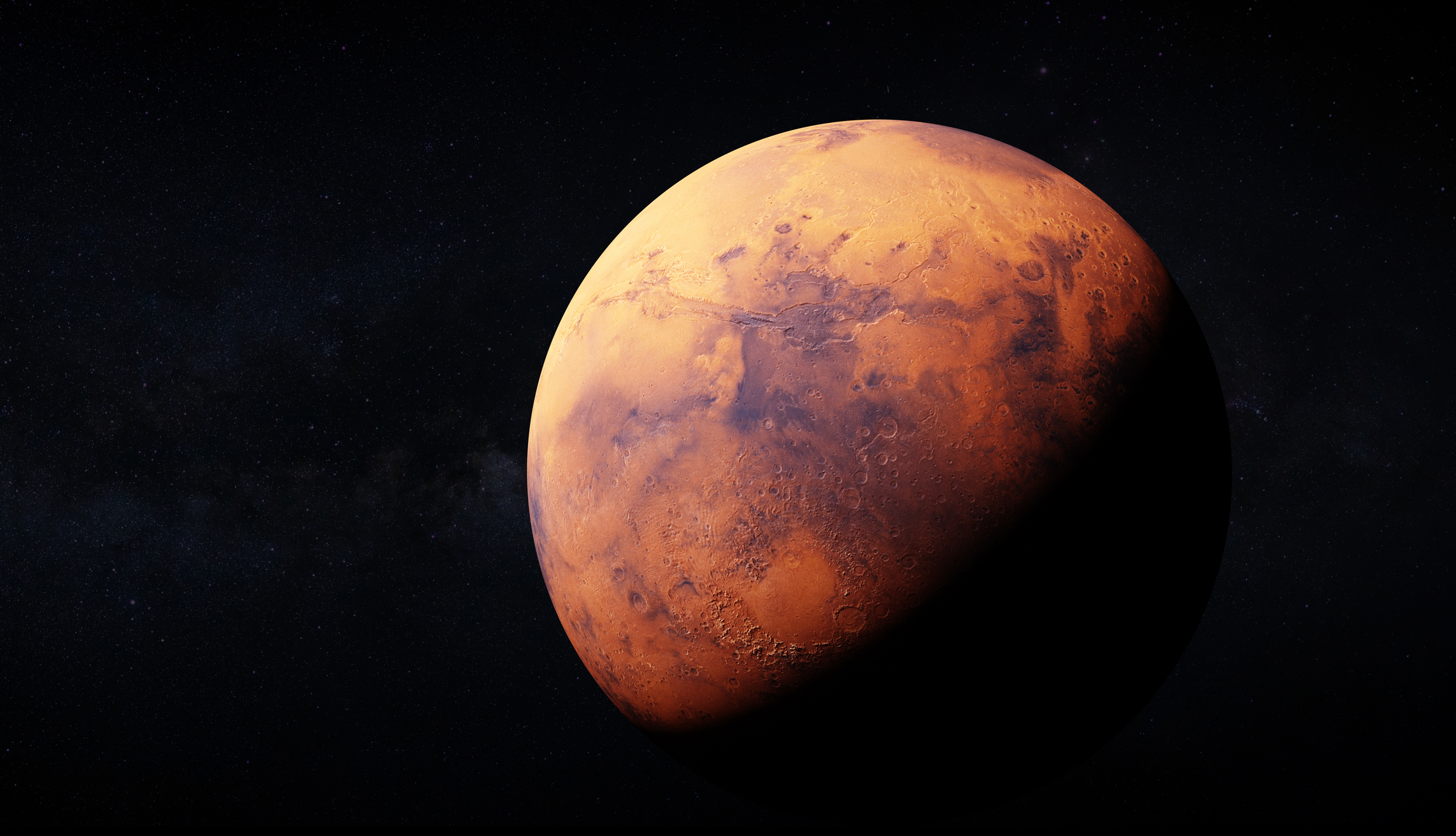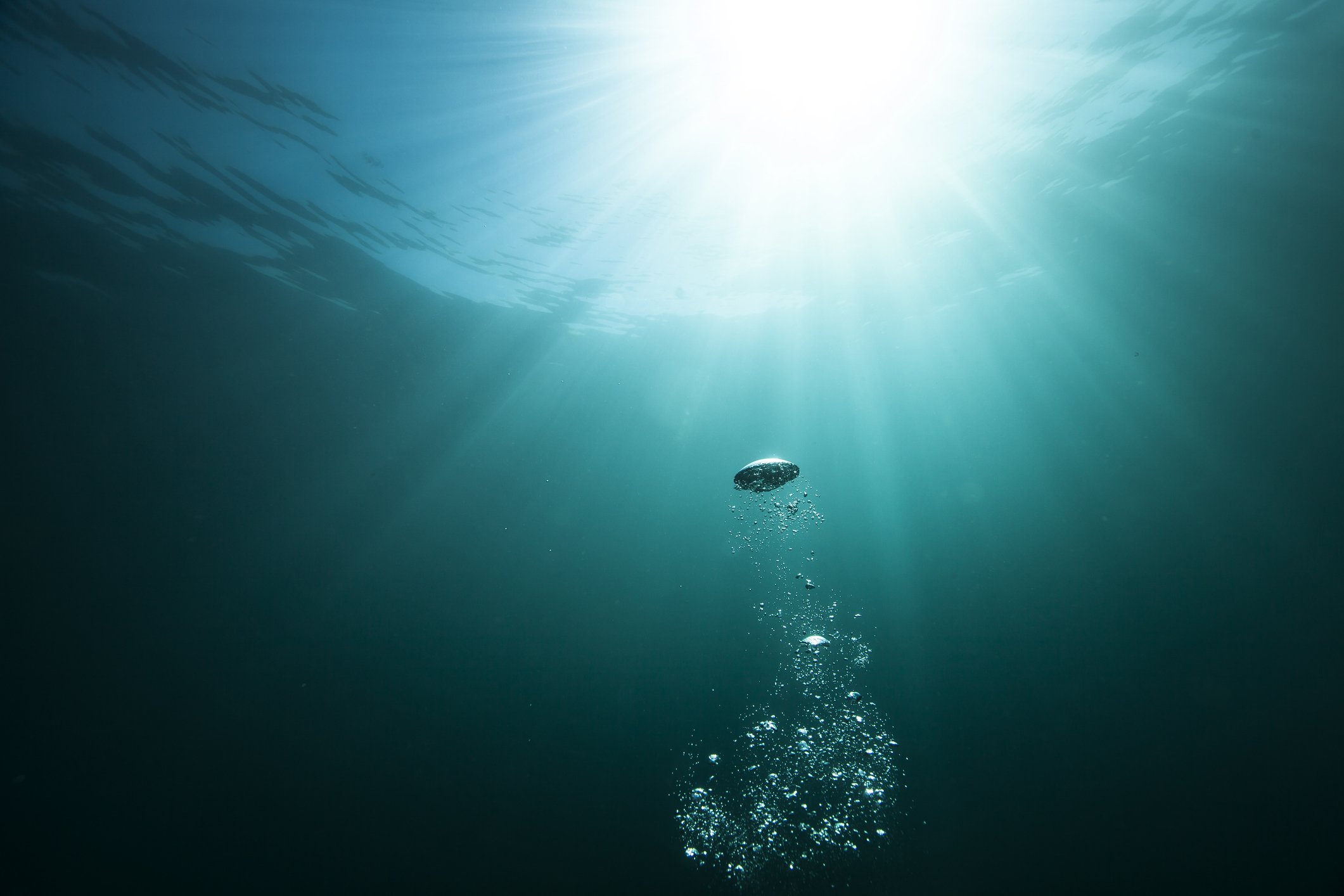no doubt both oceans and space are the greatest mysteries in science today. — and perhaps it has been throughout history. This is because, in both contexts, people are prevented from freely exploring these environments for research purposes or for evening walks (we don’t have that option, at least for now).
With the impossibility of surviving in these extreme spaces without the aid of technology, many questions and mysteries about the depths of the universe and the seas keep researchers and scientists awake at night.
And on the subject, one of the information circulating on the internet – and that scares a lot of people – Today, more is known about space than about oceans.. But is this really true?
Do we know more about space or oceans?
The most obvious and common answer is to imagine that we know more about our own planet than the vastness of space, right? But in this case it is not so.
Oceans make up about 70% of the Earth’s surface, with an average depth of 12,100 feet (3,688 meters). When we talk about the deepest point in the world, the Mariana Trench, we’re talking about an incredible 35,876 feet (about 10,935 meters). For comparison purposes, at 29,030 feet and 8,849 meters, even Mount Everest wouldn’t have reached the deepest part of the ocean.
In addition to the vastness and depth, the oceans are extremely unfavorable for humans, because the deeper the water pressure, the more it can crush a person in a matter of seconds. – at some points at the bottom of the sea, pressure and gravity equals the weight of 50 jets landing on one personAccording to researcher Gene Feldman, who has been a NASA oceanographer since 1985.
Not to mention the (possibly undiscovered) animals and the extremely cold water, given that sunlight doesn’t reach the deepest areas.
Also, sending submarines and underwater vehicles to explore the ocean floor requires a high investment—as well as launching rockets, of course. But here’s the cat jump: The study of celestial bodies is much easier than the study of the oceans.
search difficulties
Even though space is bigger than the human brain can imagine, the seas are fundamentally more difficult to study due to the lack of advanced technologies. The surface of the Moon and Mars, for example, is directly illuminated by light, according to Pierre Dutrieux, professor and researcher of Ocean and Climate Physics at the Lamont-Doherty Earth Observatory.
Oceans are more difficult to study due to lack of advanced technologies
Thus, it is possible to explore these surfaces using passive systems such as eyes and microscopes to observe the echo produced by the surfaces, or active systems such as radars on satellites. It is noteworthy that satellites can move quickly and cover great distances, mapping celestial bodies in a relatively short time.
Some very powerful telescopes are also used, which make space exploration possible without leaving Earth. Hubble, for example, is capable of seeing distances up to 13 billion light-years.

The ocean is quite different. Water is very different from air or space, and electromagnetic light and radio waves are transmitted through liquid with great difficulty – which explains the darkness at the bottom of the sea. Therefore, to explore the depths of the ocean, technologies that guarantee light and long-range visibility of the region are needed.
Therefore, some researchers It’s easier to send a person into space than to the bottom of the ocean.. (Curious: More than 600 people have gone into space so far versus just 20 people who went to the Mariana Trench!).
political context
In addition to the exploratory challenges, it’s also worth remembering the political interventions that have impacted advances in space exploration.
Along with the Cold War, the space race between the US and the Soviets has accelerated the exploration of the universe by some of the major world powers. With space exploration and the Moon gaining attention, marine research developed more slowly and lagged behind.
In short, if we take into account all the variables and difficulties, it is possible to say that we really know more about space than the ocean.
Source: Tec Mundo
I’m Blaine Morgan, an experienced journalist and writer with over 8 years of experience in the tech industry. My expertise lies in writing about technology news and trends, covering everything from cutting-edge gadgets to emerging software developments. I’ve written for several leading publications including Gadget Onus where I am an author.












